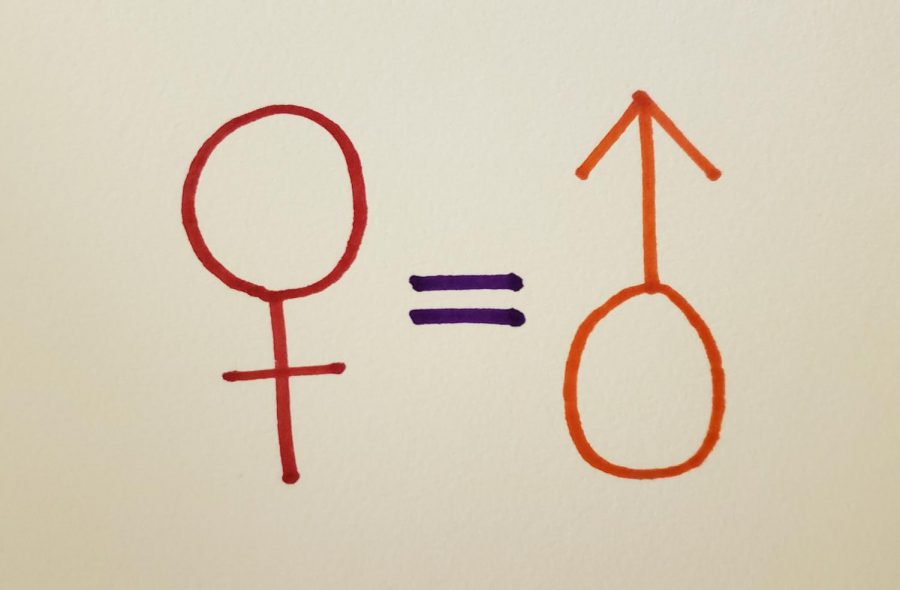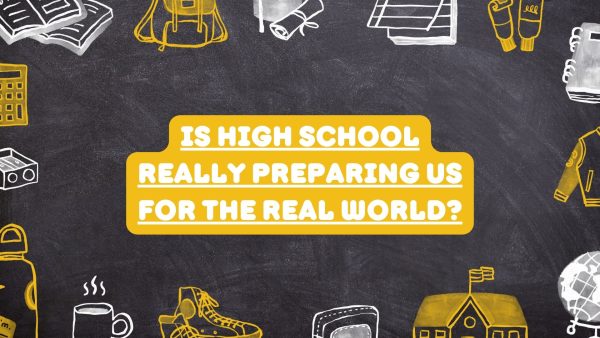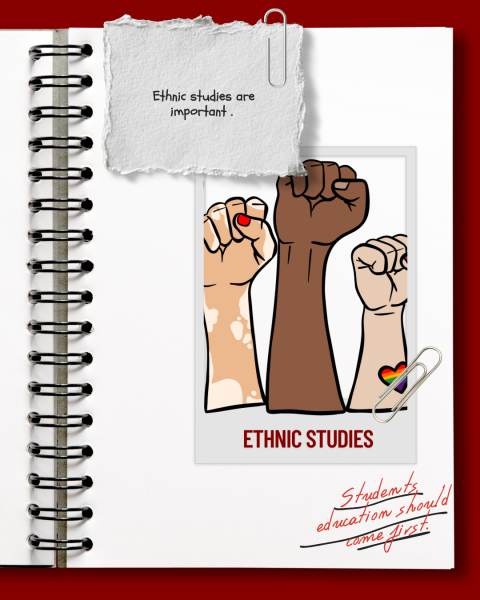Don’t forget about the guys
There are inequalities on both sides; it isn’t an issue reserved just for one or the other.
It seems like nowadays everyone and their mothers are calling for changes on how women are treated, and it’s great! It’s amazing to see the types of changes being made and all the issues being resolved. But, many of these issues are not unique to women; men suffer just like we do. Of course, it may not be as prevalent, but it exists nonetheless as a silent crisis.
Men have to be “strong” and “masculine.” They must never allow their emotions to surface for they will be “weak” if they do, even more so if they actually seek help; a man should be able to help himself. They can’t like anything remotely feminine, or they’ll be “gay.” They have to be the ones in charge, the dominant ones, unafraid of whatever life throws at them. It’s all part of being a “man.” A man should have no problems with women, and if they lack that sexual prowess, well, then they’re just less of a man. And God forbid they’re actually gay, or even bisexual. Everyone knows bisexual men are just repressed homosexuals. Men are smarter, men are braver, men are men.
That’s what society expects of them. This isn’t to say that being a man is bad. However, it does mean that toxic masculinity isn’t just an issue affecting women, but also the gender it originates from. Society makes it unsafe for a man to seek help for abuse and mental health issues, lest he is reprimanded for showing vulnerability. He can’t show any doubt about himself or inch of insecurity. “I feel like the macho culture guys carry around their entire lives makes it so they have to be the provider and the strong one,” stated junior Angel Hernandez, “It makes it so when [men] start to feel, it’s looked down upon.” Men’s issues just don’t get as much attention. Body positivity for men is rare; you still see ripped, muscular men being paraded around as ideal. Their insecurities are brushed off, and they’re told simply to man up and get over it.
This toxicity leads to the complete disregard of abused men. According to NationalParentsOrganization.org, 69% of men who contacted domestic abuse hotlines found them “not at all helpful.” Some men even reported that they were told that women could not be domestically abusive, they were weak, or were simply laughed at and hung up on. “It’s mostly seen as the male as the one that is abusive,” stated junior Jair Mendez. “So most people probably wouldn’t take [him] seriously if [he] said [his] girlfriend or wife was abusing [him].” Men account for 24% of all domestically abused people, but only 14.7% of them ever report it. Age-old stereotypes create an environment unsafe for men to get help.
Even celebrities like Terry Crews have been mocked for speaking out. Crews claimed to have been groped by a former talent agent, which was met with jokes and ridicule from not only commentators but also other celebrities. D.L. Hughley said that, “God gave you muscles so you could say no and mean it.” 50 Cent posted a picture on Instagram of a shirtless Crews with the caption, “I got raped, my wife just watched.” It’s disheartening for victims to see someone like Crews receive backlash; if a rich, famous man like him gets ridiculed, imagine what it would be like for someone who is anything but that.
The double standards don’t end there; the law holds some of these societal expectations, too. Men, on average, receive a sentence 63% longer than women do for the same crime. The law is meant to be fair and equal for all, but that’s just not the case. All judges have different perspectives. It’s nearly impossible for one’s bias not to seep into their decision making. This incarceration disparity is an example of sexism on both sides; women receive less time because they’re “helpless,” and men receive more time because they’re “stronger” and “more in control.”
This pressure from society and internalization results in a grim outcome: men are more likely to develop substance abuse disorders, and while women are more likely to attempt suicide, men are more likely to die from it, four times more to be exact.
None of this is to diminish the problems that women face in society or to subject them to problems unique to men. Rather, this is to bring awareness to a group of people that often get left out of the equation. I’m a feminist who believes feminism should not only aid women but men too. It’s easy to forget that the other half of the world faces the same issues when men like Harvey Weinstein and R Kelly exist, but we must remember that it is never “us vs. them,” it’s “everyone vs. society.” Equality is for all.

Fun Facts:
My favorite Pokémon is Dosclops.
All my clothes are thrifted.
My favorite anime is Mob Psycho 100.





































